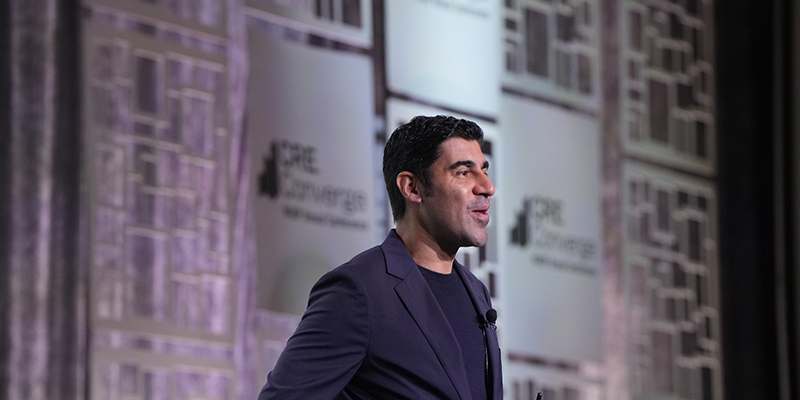Finding, training and retaining talent has grown more challenging for commercial real estate development firms in recent years. Baby boomers are gradually aging out of the workforce, increasing demand for younger workers who can take their place. At the same time, technological innovation and an evolving industry constantly shape the skills and duties that are required of commercial real estate professionals. Last year, the NAIOP Research Foundation convened the Talent Development Task Force to examine how industry practitioners and educators can work together to improve career preparation and expand the talent pipeline in commercial real estate. The Task Force recommended that NAIOP survey its members on the skills that CRE employees will need to succeed.
In June, NAIOP surveyed member developers, building owners, investors and asset managers to examine the skills and credentials that are most important to development-related professions. Survey questions were designed to capture the perspectives of both managers and non-management professionals, and to evaluate which skills are most important to early-career and mid-career professionals. The survey focused on the most important soft and hard skills, and perceptions of different types of academic degrees and nondegree credentials. Additional information about respondents will be provided in a subsequent post that discusses respondent perceptions of different degree programs and other credentials.
“The survey unveils a striking similarity in the areas of focus for both early- and mid-career professionals, including both hard and soft skills, while also granting a valuable glimpse into the sought-after abilities for development across all experience levels,” said Lindy Deller, development manager, Panattoni Development, and immediate past president of NAIOP Northern Nevada, who provided input on the survey design. “For Developing Leaders, this insight showcases the skills to master early on, even those seemingly trivial at the outset, which may expedite your progress and align with the key competencies essential for mid-career advancement.”
The Importance of Soft Skills
As commercial real estate is a relationship-driven business, it is important for employees to have the necessary interpersonal abilities to advance in their careers. Therefore, it is not surprising that the survey results reveal a broad consensus that soft skills play a critical role in development-related occupations. Over 75% of respondents rated each of the soft skills identified in the survey as being somewhat or very important. Problem solving, communication and critical thinking stood out as the three most important soft skills, with more than 80% of respondents rating each of these skills as being very important. Most respondents also rated adaptability, leadership and negotiation to be very important.

Top Hard Skills Are Related to Evaluating Investment Opportunities and Closing Acquisitions
The survey asked respondents who self-identified as managers to evaluate the relative importance of a set of hard (i.e., technical) skills for early-career professionals to succeed and then asked these respondents to rank the importance of the same skills to the success of mid-career professionals. Entry-level and intermediate/experienced respondents were simply asked to evaluate the importance of these hard skills to their primary occupation.
The results reveal remarkable consistency in which hard skills are most important at each career stage. Respondents from both groups ranked financial analysis/investment analysis as most important. Financing, capital markets and underwriting; project planning and due diligence; proforma creation/financial modeling; and asset valuation were consistently identified as being in the top six hard skills. These skills are primarily related to evaluating potential investments, making acquisitions or initiating a new development project.



Most of the hard skills identified in the survey take time to develop and some skills become more important as professionals progress in their careers. Managers generally found hard skills to be less important to success in a professional’s early career than in their mid-career. A majority indicated that six of the 13 listed skills were somewhat or very important to the success of early-career professionals. However, they identified 12 out of 13 of the listed skills for mid-career professionals as being somewhat or very important.
The degree to which managers believe a hard skill is more important to mid-career professionals than early-career professionals can be identified by measuring the difference between the percentages of respondents that identified each skill as being somewhat or very important at each stage. The skills that grew the most in perceived importance for mid-career professionals were advocacy and community engagement (39.2% increase), risk management (29.0%), portfolio construction (26.7%), marketing and leasing (26.7%) and project planning and due diligence (20.5%). As might be expected, these skills correspond with tasks that a development professional would be expected to perform as they take more senior roles within individual projects or in the management of a firm’s portfolio.
The survey included a question about the importance of software skills. Respondents indicated that Excel was by far the most important program, identified by 95.8% of respondents as somewhat or very important, followed by PowerPoint (68.6%) and Argus (50.7%).

Read part two of this series: “NAIOP Skills Survey: Preferred Degree Programs and Credentials.”








